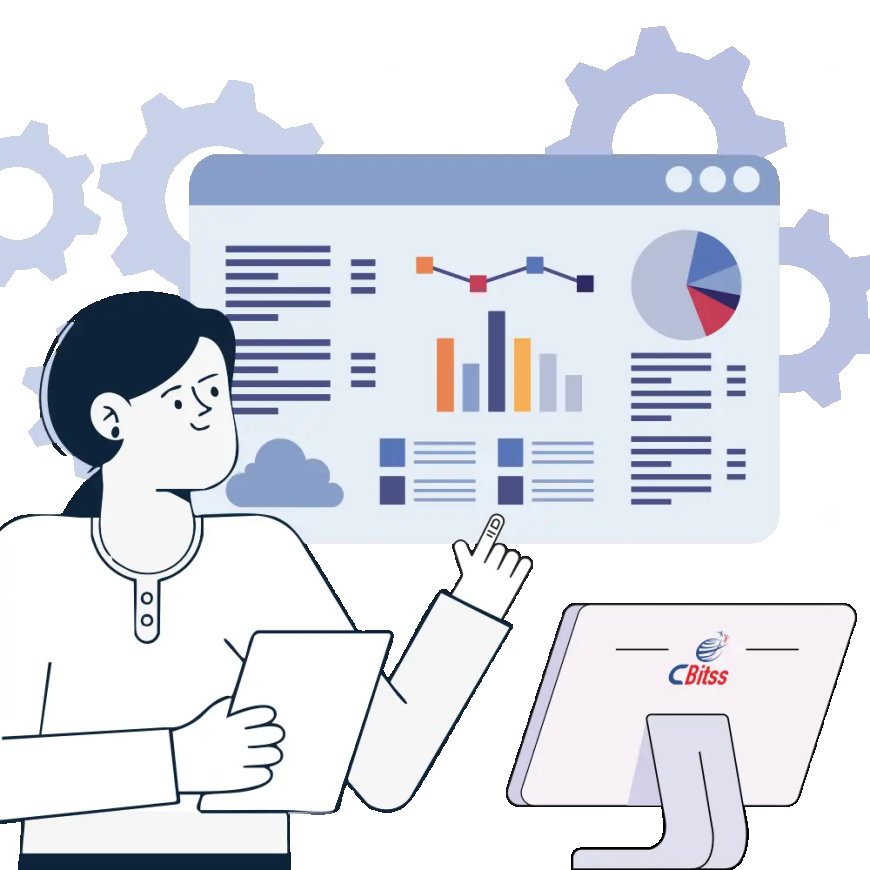The Future of Data Science in the Age of Quantum Computing
The Future of Data Science in the Age of Quantum Computing explores how quantum tech will transform data science applications.

Data science has become a cornerstone of modern technology, influencing industries from healthcare and finance to retail and manufacturing. As the volume of data continues to grow, traditional computing methods face limitations in processing and analysis. Quantum computing is emerging as a transformative force that could redefine the future of data science. In this blog post, we will explore five major trends shaping the future of data science in the quantum era, along with their applications, advantages, and challenges.
1. Quantum Machine Learning (QML)
Definition:
Quantum machine learning combines quantum computing with traditional machine learning techniques to process data at speeds unattainable by classical computers. QML algorithms harness the principles of superposition and entanglement to analyze complex datasets efficiently.
Applications:
QML is being tested for drug discovery, financial modeling, and climate prediction. Companies like Google and IBM are experimenting with quantum algorithms that could vastly improve pattern recognition and predictive analytics.
Benefits:
-
Faster training times for models
-
Enhanced ability to identify patterns in large datasets
-
Potential for breakthroughs in unsupervised learning
Challenges:
-
Quantum hardware is still in its early stages
-
Developing quantum algorithms requires specialized expertise
-
Limited access to stable quantum systems
2. Quantum-Enhanced Data Security
Definition:
Quantum computing enables the creation of unbreakable encryption methods, such as quantum key distribution (QKD), which protect data against cyber threats.
Applications:
Financial institutions and government agencies are exploring QKD for secure communications and data storage. Quantum-resistant encryption is also being considered for healthcare records and critical infrastructure.
Benefits:
-
Unprecedented levels of data protection
-
Secure communication channels
-
Future-proofing against quantum-based cyberattacks
Challenges:
-
Integration with existing security frameworks
-
High cost of deployment
-
Lack of standardized protocols
3. Accelerated Big Data Processing
Definition:
Quantum computers have the potential to process massive datasets exponentially faster than classical computers, enabling real-time analytics and insights.
Applications:
Sectors like e-commerce, transportation, and energy can benefit from rapid data analysis for customer behavior, route optimization, and energy management.
Benefits:
-
Near-instantaneous analysis of big data
-
Enhanced decision-making capabilities
-
Support for real-time personalization and dynamic pricing
Challenges:
-
Quantum systems are not yet ready for widespread deployment
-
Managing quantum-classical hybrid systems can be complex
4. Quantum-Inspired Algorithms for Classical Systems
Definition:
While full-scale quantum computers are still evolving, quantum-inspired algorithms are being developed for use on classical hardware, offering performance improvements.
Applications:
Industries are using quantum-inspired techniques for logistics optimization, fraud detection, and portfolio management.
Benefits:
-
Immediate performance gains without quantum hardware
-
Helps bridge the gap until quantum computing matures
-
Useful in areas like combinatorial optimization
Challenges:
-
May require rethinking existing data architectures
-
Limited by classical hardware constraints
5. Hybrid Quantum-Classical Computing Frameworks
Definition:
Hybrid frameworks combine classical and quantum computing resources to solve problems that neither can efficiently address alone.
Applications:
Hybrid models are being explored in genomics, material science, and complex system simulations.
Benefits:
-
Combines the strengths of both classical and quantum approaches
-
Flexibility to tackle a wider range of problems
-
More feasible in the near term compared to purely quantum solutions
Challenges:
-
Requires new software tools and skills
-
Integration issues between quantum and classical components
Conclusion
The future of Data science courses in Chandigarh is poised for dramatic change as quantum computing becomes more practical. From machine learning and encryption to big data processing and hybrid computing, quantum technologies promise to redefine how we handle data. Businesses and professionals should stay informed and prepare to adapt, as these trends could unlock new opportunities for innovation and growth.
FAQ
1. What is the main advantage of quantum computing for data science?
Quantum computing offers the potential for exponentially faster processing of large datasets and complex computations.
2. Are quantum computers ready for mainstream data science applications?
Not yet, but rapid progress is being made. In the meantime, quantum-inspired algorithms provide benefits on classical systems.
3. How can small businesses benefit from quantum data science trends?
Through cloud-based quantum services and quantum-inspired tools, small businesses can gain access to advanced analytics and optimization techniques.
4. Will quantum computing replace classical data science tools?
No. Quantum computing is expected to complement classical tools, especially through hybrid approaches.
5. How can I start preparing for the quantum era of data science?
Stay updated on developments, take courses on quantum computing, and explore quantum programming frameworks like Qiskit or Cirq.





































